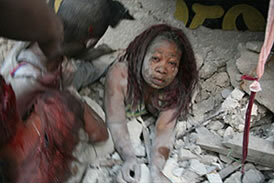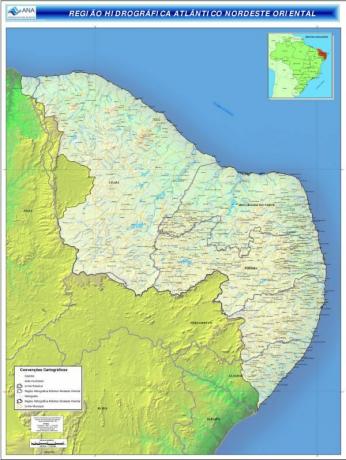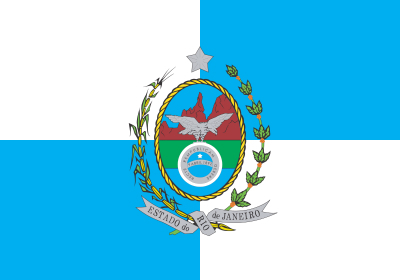Haiti is a country located in Central America, its territorial extension is 27,750 square kilometers, totaling in its territory more than 10 million inhabitants. Former French colony, the country is the first black republic in the world, being founded in 1804 by former slaves.
Marked by a series of dictatorial governments and coups d'etat, the Haitian population is witnessing a civil war and many socioeconomic problems. Haiti is the economically poorest country in America, its Human Development Index is 0.404 (low); approximately 60% of the population is undernourished and more than half live below the poverty line, that is, on less than $1.25 a day.
In addition to all these factors, the country went through another tragedy, this time of a natural order. On January 12, 2010, an earthquake measuring 7.0 on the Richter scale hit the country, causing a series of injuries, homelessness and deaths. Several buildings collapsed, including the presidential palace of the capital Port-au-Prince.
According to the United States Geological Survey, the earthquake occurred about 10 kilometers deep, 22 kilometers from Port-au-Prince. This first earthquake preceded two others of magnitudes 5.9 and 5.5. This fact caused great destruction in the region of the Haitian capital, it is estimated that half of the constructions were destroyed, 250,000 people were injured, 1.5 million people were left homeless and the death toll exceeded 200 thousand.

Woman being rescued from the rubble caused by the earthquake
Among the wounded and dead are some Brazilians, Brazil is responsible for the pacification process in Haiti, commands more than 7,000 United Nations (UN) peacekeepers, and has 1,266 troops in the parents. A week after the earthquake, 21 deaths of Brazilians were confirmed, 18 of which were military personnel and three civilians. Among them is the doctor Zilda Arns Neumann, international coordinator of the Pastoral da Criança, pediatrician and sanitarist, Zilda was 73 years old.
This earthquake has aggravated the social problems in Haiti, many people are using the streets as housing for fear of another tremor and the consequent collapse of houses. Fact that actually happened on January 20th. This new earthquake occurred in the southeast of the country, just under 60 kilometers from Port-au-Prince, and knocked down some buildings whose structures were shaken as a result of the earthquake on the 12th of January.
Drinking water, food and medicine are not enough to meet the population's needs. With this scenario, a wave of looting occurred in the country, in addition to clashes for the purchase of food.
The United Nations sent troops and humanitarian aid, as well as 17 search and rescue teams. A Haitian woman, Hoteline Losama, after spending seven days under the ground, was rescued by French rescue specialists, Americans and Haitians, one of the members of the rescue group said it was "a blessing" to have removed the girl with life. The UN announced that 1.2 billion had been earmarked for aid to Haiti.
Do not stop now... There's more after the advertising ;)
By Wagner de Cerqueira and Francisco
Graduated in Geography
See more:
earthquakes - Understand the causes and consequences of earthquakes.
Earthquakes and their effects - Phenomenon that produces high financial and human losses.
Earthquakes and the man - Human coexistence with earthquakes.
Risks of earthquakes in Brazil - The possibilities of the occurrence of earthquakes in Brazil.
Would you like to reference this text in a school or academic work? Look:
FRANCISCO, Wagner de Cerqueira e. "The Earthquake in Haiti"; Brazil School. Available in: https://brasilescola.uol.com.br/geografia/o-terremoto-no-haiti.htm. Accessed on June 27, 2021.



